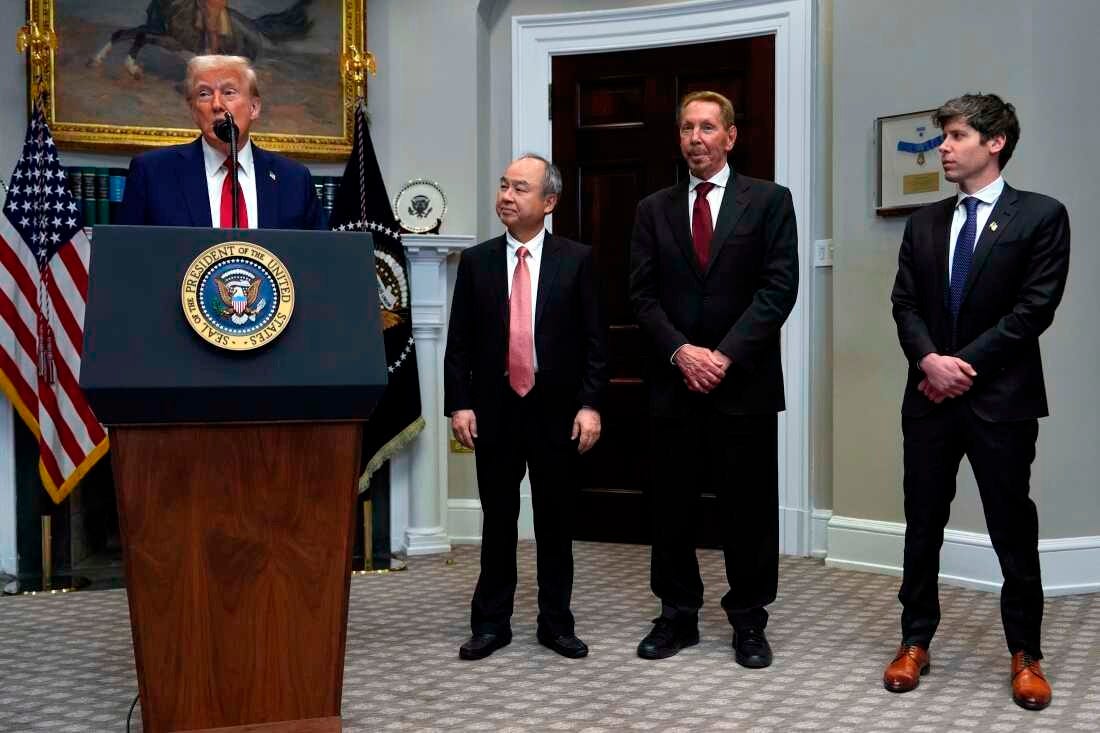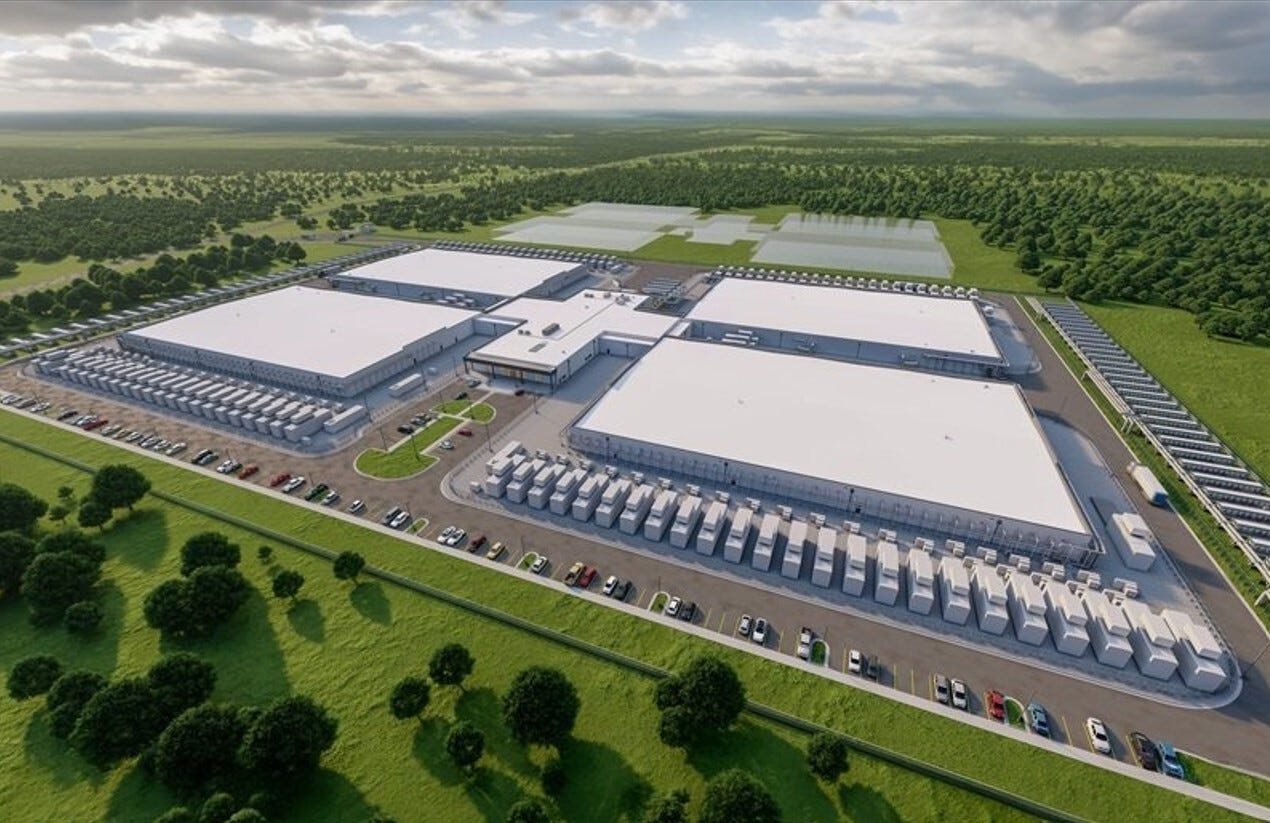OpenAI Secures $200 Million Contract with US Defense Department

OpenAI has been awarded a $200 million contract to supply artificial intelligence tools to the U.S. Department of Defense. The Department of Defense announced the one-year contract with OpenAI Public Sector LLC on Monday, June 16th, following OpenAI's announcement of its collaboration with defense technology startup, Anduril. Anduril received a $100 million defense contract in December to deploy advanced AI systems for national security missions. The contract with OpenAI is the first to be publicly listed on the Department of Defense’s website.
Notably, OpenAI competitor, Anthropic, announced its collaboration with Palantir and Amazon to provide AI models to U.S. defense and intelligence agencies earlier this year.
Under the recent Defense Department award, OpenAI will “develop prototype frontier AI capabilities to address critical national security challenges in both warfighting and enterprise domains.” Specifically, the contract will leverage OpenAI’s expertise to assist the Defense Department in identifying and prototyping how frontier AI can transform its administrative operations. Potential applications could range from enhancing healthcare services for service members and their families, to streamlining program and acquisition data analysis, to bolstering proactive cyber defense, according to OpenAI. The new contract represents a small portion of OpenAI’s revenue, which exceeds $10 billion in annualized sales.
Notably, government users, particularly in the Department of Defense, gained access to OpenAI’s advanced AI models through Microsoft’s secure cloud platform for sensitive, mission-critical tasks, up to the “Secret” classification level in April, following the U.S. Defense Information Systems Agency approval of the use of Azure OpenAI service for handling classified and secret information within government agencies.
OpenAI describes its contract with DoD as the inaugural arrangement in a new initiative titled OpenAI for Government, which includes the current ChatGPT Gov product. OpenAI for Government aims to provide U.S. government bodies with custom AI models for national security, support, and product roadmap information, according to the company’s website.
The launch of OpenAI for Government follows the launch of OpenAI for Countries, an initiative that seeks to “support countries around the world that want to build on democratic AI rails.” Despite efforts to present this initiative as supportive of democracy and sovereignty, non-US governments embracing “OpenAI for countries” risk losing local expertise and capabilities, becoming structurally dependent on US technology, and consequently subject to presidential policy priorities. OpenAI signed its first deal under the new initiative with the United Arab Emirates.
Within the U.S., OpenAI is also working to expand its computing power. AI leaders have emphasized the need for more data centers, as well as resources such as chips, electricity, and water to support their AI initiatives.
Altman has advocated for US officials to support domestic infrastructure development in order to maintain an edge over China in AI, stressing AI’s unique requirements compared to other software types and the necessity of building the best AI infrastructure in order to lead in the technology.
In January, Altman appeared alongside SoftBank CEO Masayoshi Son and Oracle Chairman Larry Ellison with President Donald Trump at the White House to announce the $500 billion Stargate project aimed at building AI infrastructure in the U.S. The companies pledged to invest $100 billion initially, with plans to increase investment up to $500 billion in what President Trump described as the “largest AI infrastructure project in history.”
Stargate will build both physical and virtual infrastructure to support the next generation of AI, including data centers across the country. Its first data center project, covering one million square feet, is already under construction in Texas. The project expects to create about 100,000 new jobs in the U.S.

Earlier in January, President Trump reversed Biden's 2023 executive order on monitoring and regulating AI risks. Biden's order was issued following U.S. lawmakers’ failure to pass legislation establishing guardrails for AI development. Trump ran for office on a Republican Party platform that vowed to repeal any orders hindering AI innovation, stating their support for AI development based on free speech and human flourishing.
The $200 million contract awarded to OpenAI by the Department of Defense exemplifies the current government’s embrace of AI as a strategic asset. However, it also spotlights the urgent need for coherent, enforceable regulation. As AI becomes integral to government operations, the challenge of fostering innovation and efficiency, while ensuring public trust, safety, and accountability remains a balancing act that will define the future of both government and AI in America.



